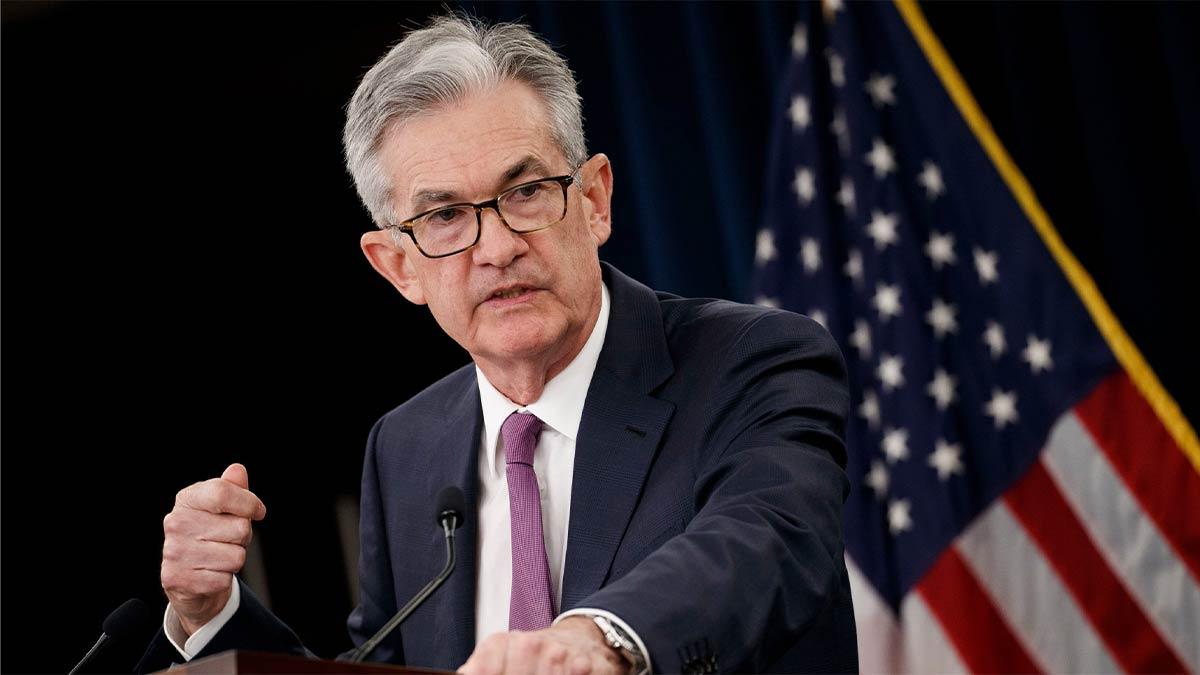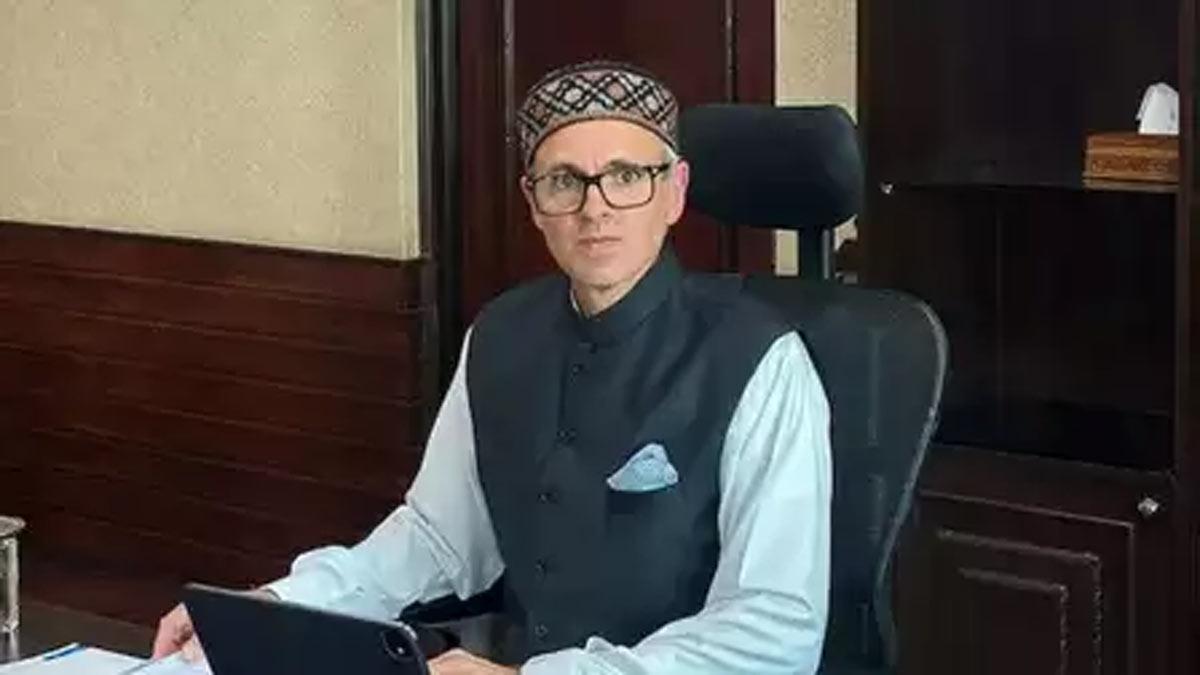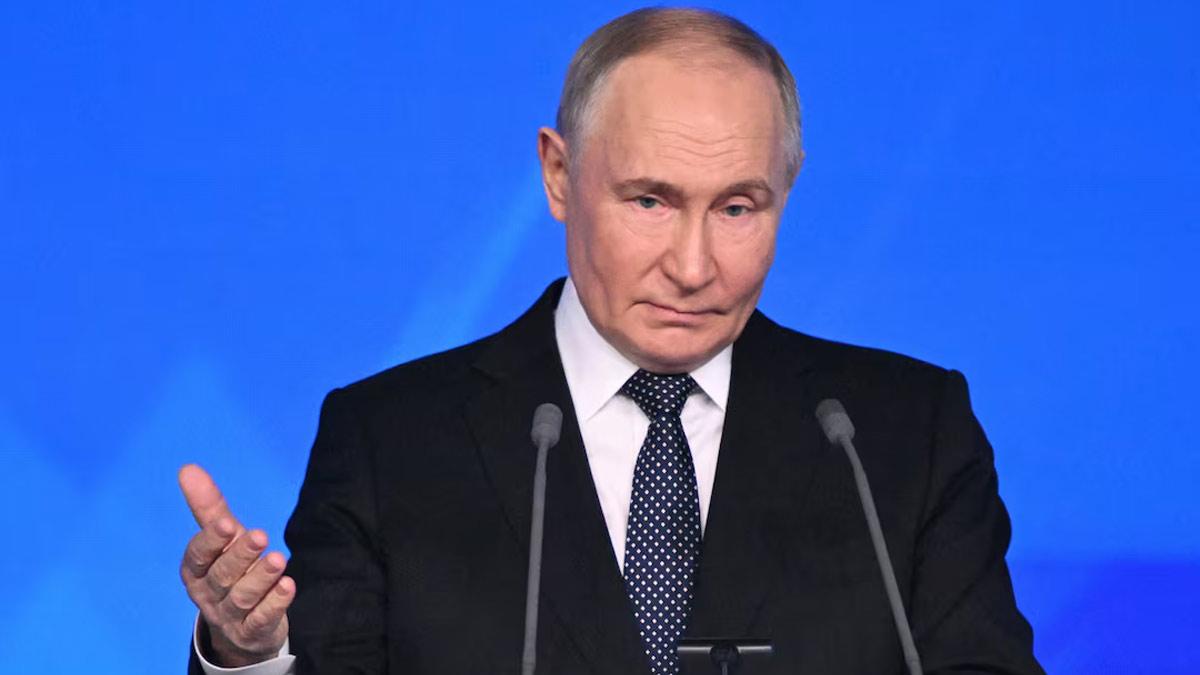The U.S. Federal Reserve will hold its existing position on interest rates while reviewing the broader economic effect of President Donald Trump's policies, Federal Reserve Chairman Jerome Powell said on Wednesday.
"We are in a good place to wait for more clarity," Powell said in his prepared remarks to the Economic Club of Chicago, citing uncertainty surrounding immigration, taxes, regulation, and trade tariffs.
Since early April, markets have witnessed significant volatility since Trump's declaration of broad new tariffs. Even though these jitters abated briefly a week later, the turmoil has encouraged speculation regarding whether the Fed could contemplate intervention in the form of rate cuts or other mechanisms to calm investor nerves.
However, economists said the Federal Reserve is not apt to intervene except in the face of a wide breakdown in treasury markets or a rise of some other systemic troubles.
Commenting on the developments in tariffs, Powell conceded that the size of the new duties imposed was "substantially larger than anticipated."
"The economic implications are probable to reflect the magnitude, most likely raising inflation while at the same time reining in growth," he warned.
While Powell expects the inflationary pressures to be transitory, he also recognized the possibility of a longer stretch of higher inflation — something that was shared by most members of the Fed's 19-member rate-setting committee last month.
Not all Federal Reserve policymakers have a common perspective. Fed Governor Christopher Waller, for instance, recently downplayed fears about the long-run effect of the tariffs, terming them as short-lived. That said, he did mention that the policies could nonetheless put a lot of pressure on the economy and even trigger a recession.
If the economy is clearly experiencing a sharp slowdown — even in conjunction with elevated inflation — I would now be more willing to consider earlier and more significant rate cuts than I would have before," Waller stated.
Others like Minneapolis Fed President Neel Kashkari are still more concerned with keeping inflation under control and have been less adamant about cutting rates immediately.
Even with the ongoing uncertainty, the U.S. economy continues to prove resilient. Job creation remains robust, and inflation declined in March. However, recent declines in consumer and business confidence have been a source of concern to economists, who are keeping a close eye on any developing evidence of dampened spending or diminished investment activity.
Read also| California sues Trump administration over 'unlawful tariffs'


















